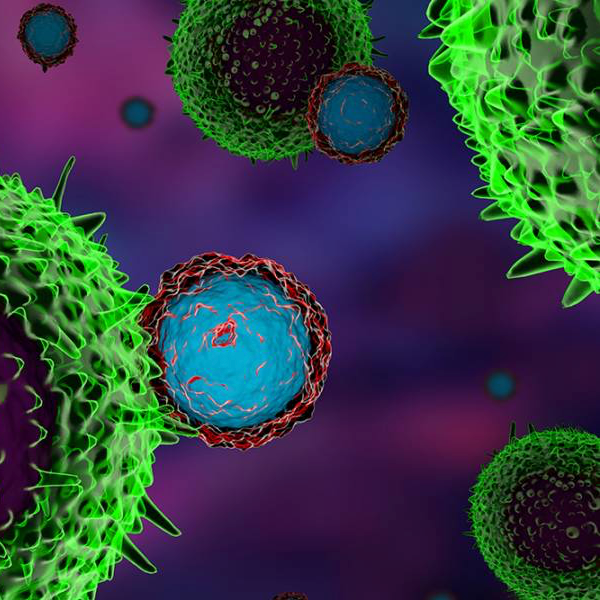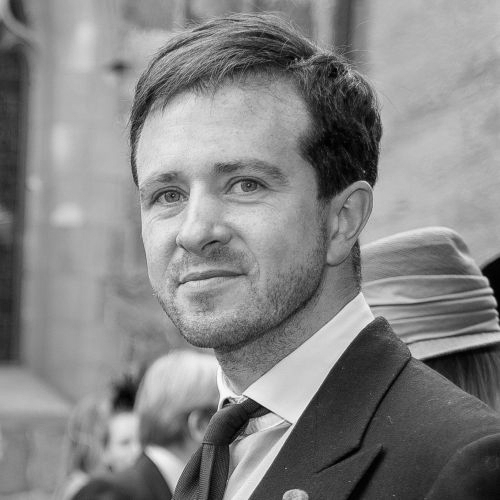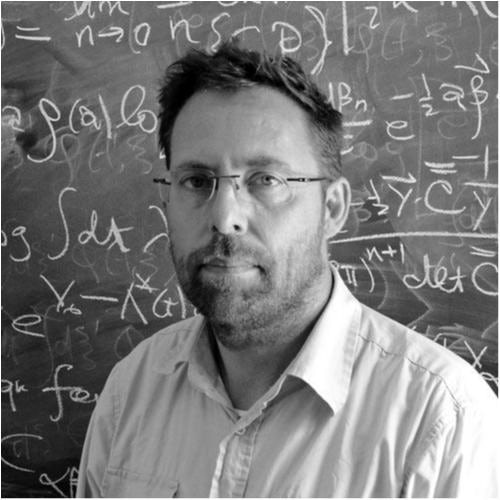Modelling in biology
6 PM, 25 Mar 2020
Scientists discuss the potential of mathematical modelling in biology across problems in cell programming, immunology and gene regulation.
How useful is mathematical modelling in biology? Given the complexity of genetic and cellular processes across multiple organizational length scales, biology has eluded a rounded description in terms of a handful of fundamental equations. But there is compelling evidence that this intricacy masks elegant underlying structure: the nominal information content of (coding) DNA, the plasticity of early cell identity, and the adaptive immune system.
In this event, we investigate the state-of-the-art for using our ever-increasing mathematical toolbox to describe and predict biological processes with comparatively simple models. Mark Kotter, a stem cell biologist and founder & CEO of Bit Bio, discusses a unique opportunity to systematically interrogate the OS of human cell programming. Physicist and LIMS Fellow Ton Coolen describes mathematical models of gene regulation and epigenetic programming. Physicist and LIMS postdoc Alexander Mozeika talks about the statistical physics of the adaptive immune response and high-dimensional statistical inference. LIMS director and physicist Thomas Fink describes theoretical approaches to understanding the dynamics of network motifs and larger regulatory networks. This is followed by discussion on whether we have reached a tipping point where the mathematical sciences can help unleash fundamental insights into the operating system of life.
London Institute Symposia
London Institute Symposia are small research and technology conferences for up to 40 people that take place in the Institute. Symposia can last from a few hours to a few days, with attendees ranging from academic researchers to industry practitioners to the defence community.




LCP












Speakers

Dr Mark Kotter is a stem cell biologist and neurosurgeon at Cambridge and the founder and CEO of Bit.Bio. The cell coding company’s mission is the efficient and consistent reprogramming of human cells to standardise biomedical research, enable drug discovery and develop next-generation cell therapies.

Alexander Mozeika has an MSc in neural networks and a PhD in applied mathematics from KCL. He is a LIMS and KCL postdoc working on high-dimensional statistics and modelling the adaptive immune response. His research is in information theory, statistics and statistical physics.

Dr Thomas Fink is the founding Director of the London Institute and Chargé de Recherche in the French CNRS. He studied physics at Caltech, Cambridge, and École Normale Supérieure. His work includes statistical physics, combinatorics, and the mathematics of evolvable systems.

Ton Coolen is a Fellow of the London Institute and Professor of Applied Mathematics at King’s College London. He develops new mathematical methods for the study of heterogeneous many-variable systems and non-equilibrium processes in physics, biology and computer science.